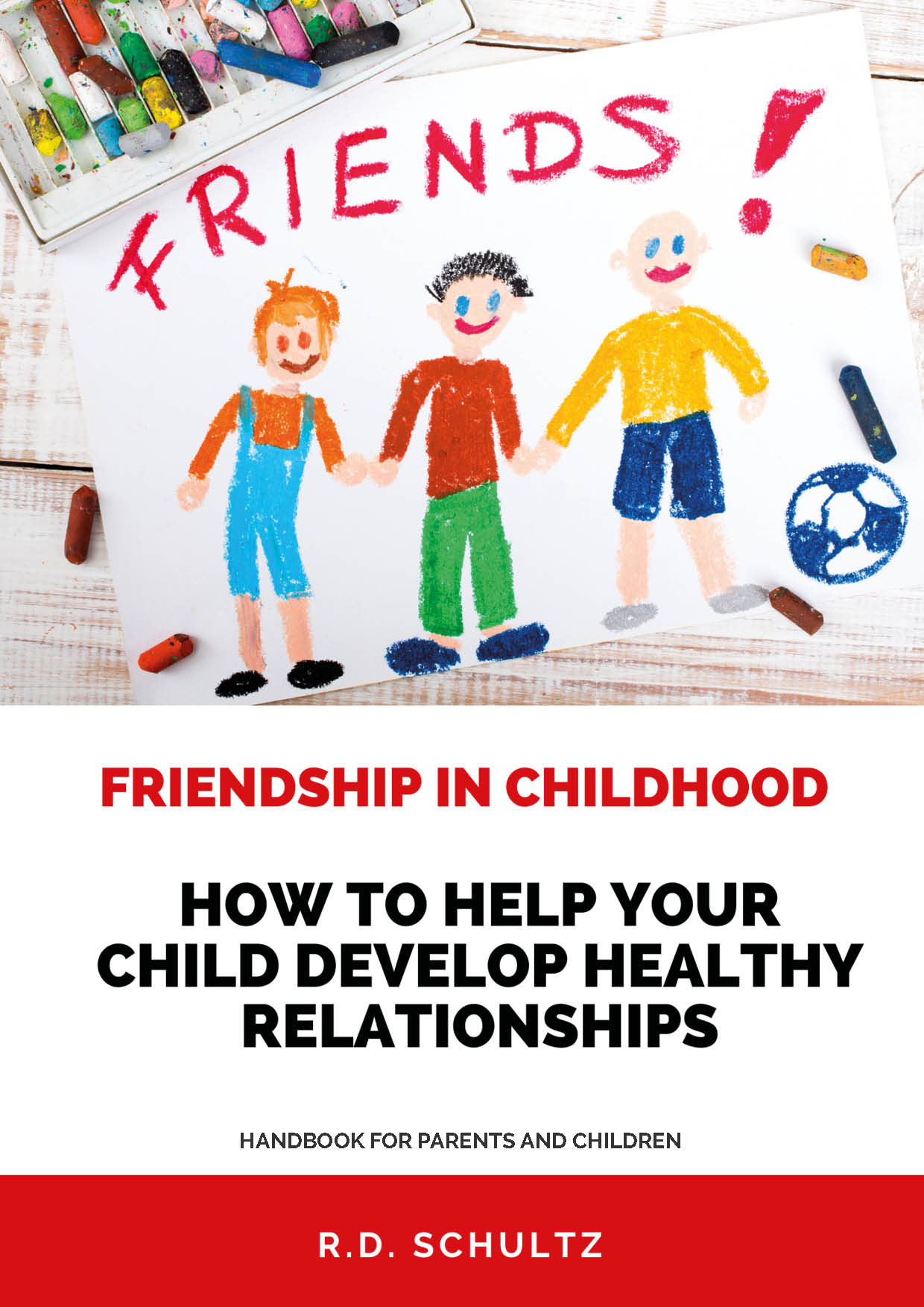Friendship in childhood: How to help your child develop healthy relationships

Friendship plays a key role in our children's lives. It is through peer relationships that they learn important social skills, empathy and cooperation. However, developing healthy friendships can sometimes be a challenge, especially in today's world dominated by the internet and modern technology.
As parents, we have a responsibility to help our children make and nurture genuine friendships.
In Friendship in Childhood: how to help your child develop healthy relationships, we present proven ways to help children develop and maintain healthy friendships.
Friendship is one of the most important aspects of a child's life. Not only is it a source of joy and fun, but it is also an important part of emotional and social development. The impact of true friendship is invaluable, so as parents we should strive to help our children build healthy relationships with their peers. Friendship is something every child wants.
It is a bond that provides a sense of security, acceptance and support. In our society, where children spend more and more time in front of a computer, television or mobile phone screen, real friendship is even more valuable.
Childhood is the time when friendships are most often formed. Playing together, exploring the world and supporting each other are integral to childhood friendships. Friendship at school is extremely important for a child's development. It brings many benefits, such as increased self-confidence, the ability to cooperate and the development of social skills.
With practical tips and advice, you as a parent or carer can help your child make lasting and rewarding friendships that will last a lifetime.
